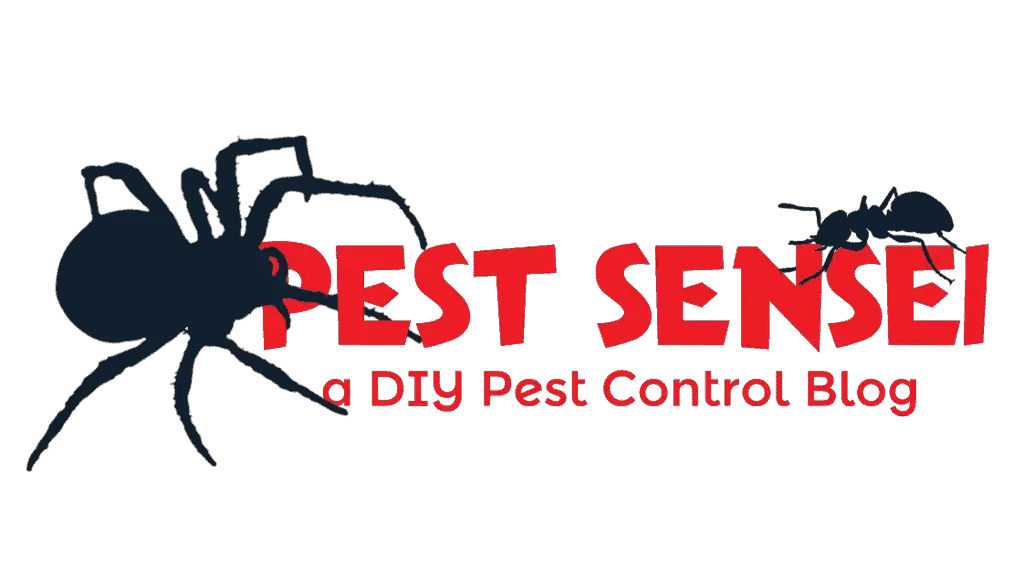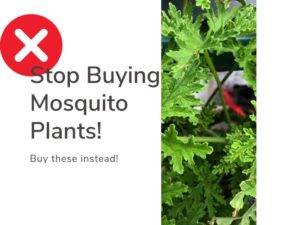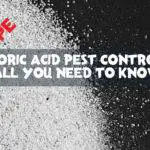Mosquito plants have gained popularity in recent years as a natural way to repel mosquitoes. These plants are marketed as a green and easy-to-use solution for mosquito control. However, the question remains – do they really work? Are they worth the investment?
The truth is, you should stop using mosquito plants to control mosquitoes. Despite marketing hype, these plants do not produce enough active ingredients to effectively repel mosquitoes. They can also be costly to maintain. Consider alternatives like mosquito traps, natural repellents, or mosquito screens instead.
The Popularity of Mosquito Plants
Mosquito plants are popular for homeowners with mosquito issues. A search in Google Trend showed that the interest for mosquito plants is about 30% of that in mosquito repellent, which is relatively high.

As concerns about the safety and health risks of chemical mosquito control continue to grow, the public is eyeing on safe and natural products.
In line with that, the use of mosquito plants as a natural alternative to chemical mosquito control has grown in popularity in recent years. It is believed that extracts from certain plants have properties that effectively repel mosquitoes, making them a convenient and eco-friendly option for homeowners.
Citronella, lemongrass, catnip, and lavender are among the popular types of mosquito plants, which are commonly sold at garden centers and online. They can be purchased as seeds or live plants, with prices ranging from $5 to $10 per plant.
While some claim that planting mosquito plants around the home creates a repelling boundary that keeps mosquitoes away, there is a lack of scientific evidence to support this claim. In fact, these plants do not produce enough active ingredients to effectively repel mosquitoes, making them a less reliable solution for mosquito control.
The Marketing Hype
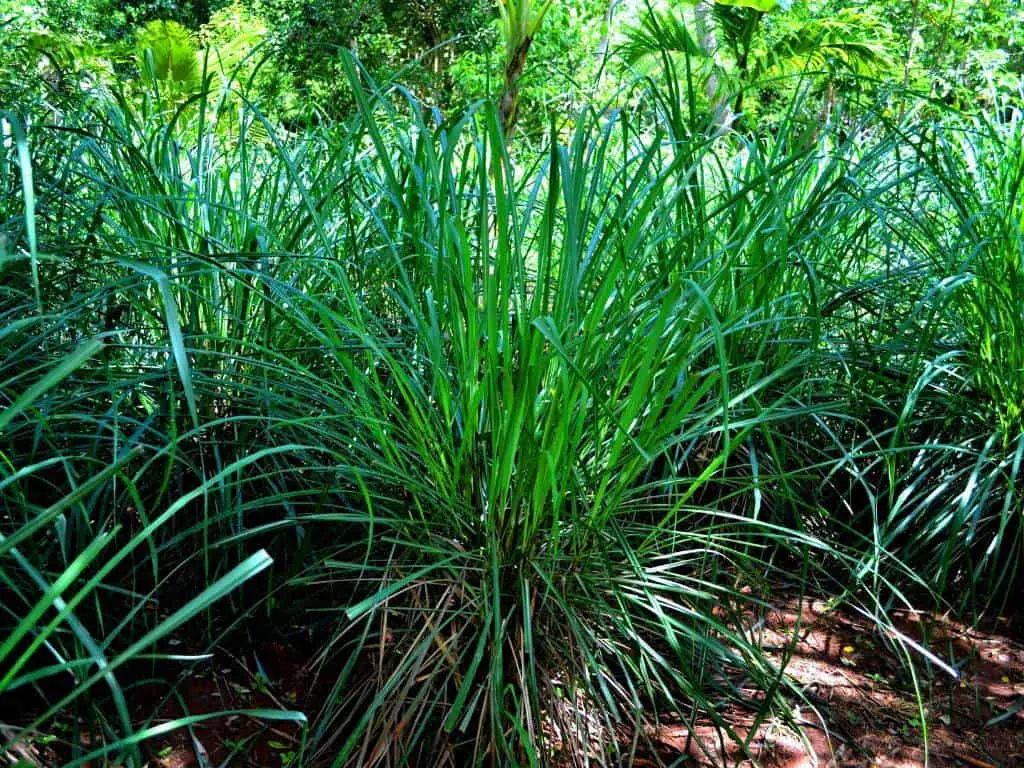
One of the reasons why mosquito plants have become so popular is due to the marketing hype surrounding them.
Mosquito plant products are often advertised with extravagant claims, such as “repels mosquitoes”. Some even back the claim by quoting scientific research, conveniently ignoring the fact that those research are based on the chemical extracts from those plants, instead of using the plants themselves to repel mosquitoes!
Through the combination of marketing hype and the increasing concerns on health, safety and environment, it is only natural that mosquito plants become more and more popular.
How Mosquito Plants are Supposed to Repel Mosquitoes
To protect themselves from plant-feeding bugs, certain plants produce chemicals that can keep the bugs away. Some of those chemicals are effective in repelling mosquitoes, either by irritating the mosquitoes or confusing their senses, making it difficult for them to find their target.
It is often claimed that mosquito plants work by releasing substances proven effective in repelling mosquitoes. While the claimed substances might be effective, often, the amount released by a plant naturally is insufficient to protect you from mosquitoes. Moreover, air movement will easily dilute the concentration of the substances in the air.
The Real Mosquito Plants that Work – Sort of
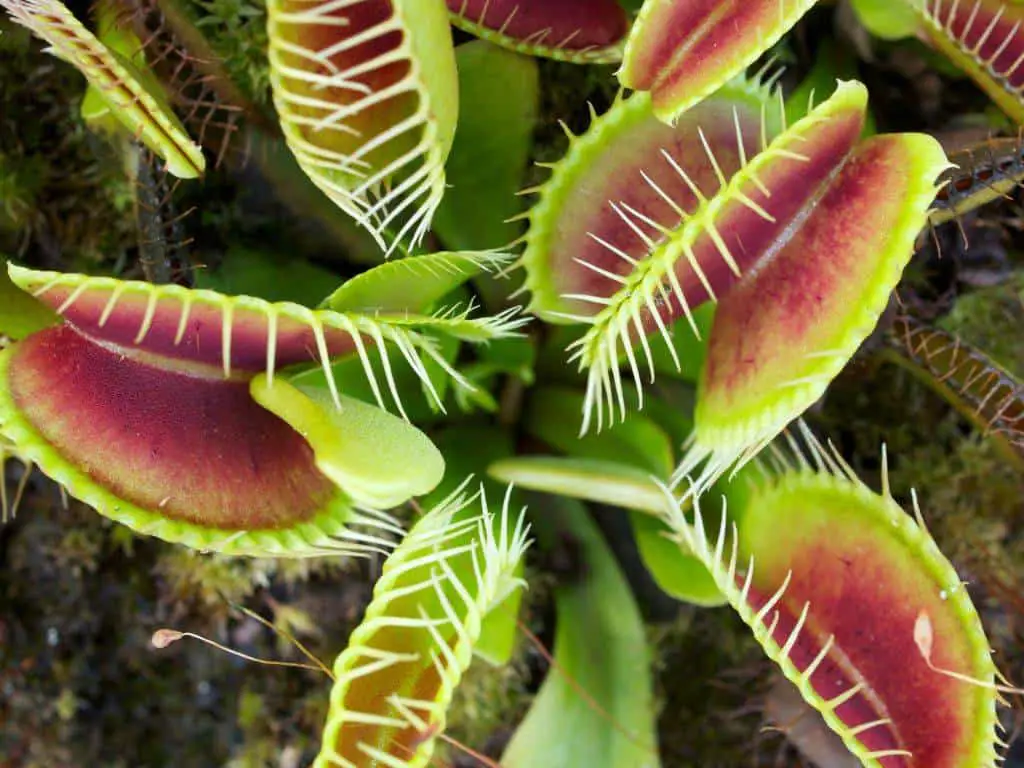
While it might not be worthwhile trying to prevent mosquitoes using mosquito plants, there are plants that can potentially help in controlling mosquitoes.
Venus flytraps are carnivorous plants that trap and feed on small insects. Its weight-sensitive trap lobes detect any insects that land on it, and capture the unsuspected prey. It seems like only smaller trap lobes are sensitive enough to detect mosquitoes, though.
While the Venus flytrap can capture mosquitoes, it is not practical to fill up your house with Venus flytraps. Moreover, the mosquitoes can still feast on your blood before they are finally trapped.
Alternatives to Mosquito Plants
On top of plant-based repellents, there are more effective and environmentally friendly alternatives to mosquito plants.
Use Plant-based Repellent Instead

Instead of relying on the minute amount of repellent emanated by stationary plants, it makes more sense to use a plant-based repellent to protect yourself against mosquitoes, whenever and wherever you want to.
Effective plant-based mosquito repellents include oil of eucalyptus, PMD (para-menthane 3, 8 diol, a component in oil of eucalyptus), citronella oil, neem oil, peppermint oil, cedar oil, clove oil etc. They are often formulated as lotion or spray that can be applied on skin.
Try not to use aromatherapy-purpose essential oil to repel mosquitoes. While they might work, they may not last long enough. Moreover, they can be expensive.
Do check out my article if you want to learn more about skin repellent.
Use Mosquito Traps
Mosquito traps are a popular alternative that can reduce mosquito populations without harming non-target species. These traps use attractants such as carbon dioxide and heat to lure mosquitoes into a trap, where they are captured and killed.
This is my favorite outdoor trap for tiger mosquitoes. I have been using this since 2013.
Mosquitaire uses patented Sweetscent to attract mosquitoes. The mosquitoes are lured near the trap, and sucked into the catch bag. They are then killed by dehydration. You can also enhance its efficacy by adding a CO2 canister.
Be sure to follow the included placement guide to maximize its potential. For instance, always put it at ground level, make sure it is protected from strong wind and sunlight, and make sure there is enough space clearance above the trap.
Never use this indoors because the odor of the Sweetscent is rather unpleasant.
Mosquito Home is the indoor version of Mosquitaire. On top of odor, it generates UV and heat to attract the mosquitoes.
If you plan to use this product, placement is crucial because you will be competing with this trap. Most often than not, real humans are more attractive to mosquitoes than a mosquito trap! Be sure to follow the placement guidelines.
Try to also place this trap somewhere ventilated. Otherwise, you will need to endure the unpleasant odor from the lure that slowly builds up.
Mosquito Screens
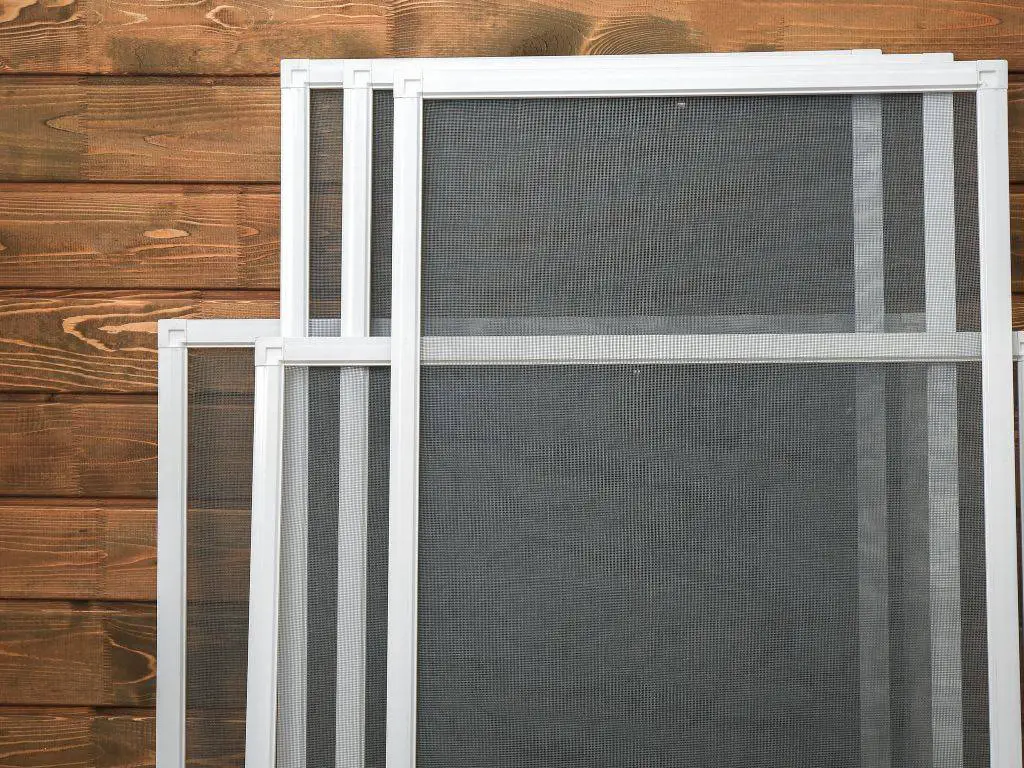
Mosquito screen is definitely the best mosquito prevention product for homeowners. It creates a foolproof barrier that prevents the mosquitoes from intruding your house.
Most mosquito screens are easy to install. They typically come with frames, adhesive tapes and magnetic stripes. You can easily cut the screen to the desired size, and stick it to the windows and doors. Since it uses magnets, you can easily remove it for cleaning.
While mosquito screens are not as fancy as mosquito plants, they are much more trustworthy and require less maintenance.
Destroying the Breeding Habitat
Depending on the species of mosquitoes that you are dealing with, sometimes, it is easier to address the root cause by searching and destroying the mosquito breeding ground.
Tiger mosquitoes are short-distance fliers. If you are having issues with them, you should look around your house for breeding ground. Check and fix anything that can accumulate water. That includes rubbish, pail, choked roof gutter, choked drain, outdoor toys, folded canvas, pet-feeding trays, flower pots or vases etc.
The eggs of Aedes mosquitoes can withstand desiccation for months. When the dried eggs come into contact with water, they hatch immediately. Under favorable conditions, it takes only 7-10 days for the Aedes mosquitoes to turn into adults. Hence, do not overlook stagnant water, even if it is just there for a short period.
Bonide Mosquito Beater WSP
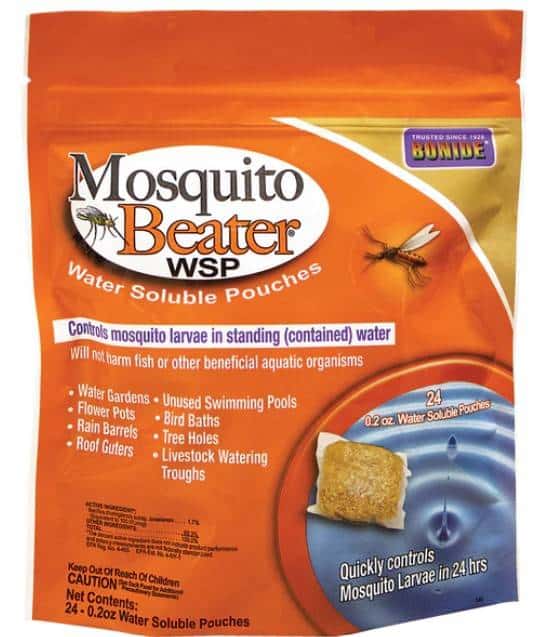
This product contains naturally-occuring bacteria toxin that kills the mosquito larvae. It enters the gut of the mosquito larvae and creates holes on the gut, slowly killing the larvae. It is completely safe since it does not harm non-target organisms such as humans, birds, fish and crustaceans.
Conclusion
While mosquito plants may seem like an appealing option for controlling mosquitoes, the scientific evidence supporting their effectiveness is limited, and many of the marketing claims surrounding them can be misleading.
If you really want to solve your mosquito issue, explore more reliable approaches such as mosquito traps, screens, and repellents, rather than relying solely on mosquito plants. These alternative methods have been scientifically proven to be more effective in preventing mosquito infestations and minimizing the risk of mosquito-borne diseases.
